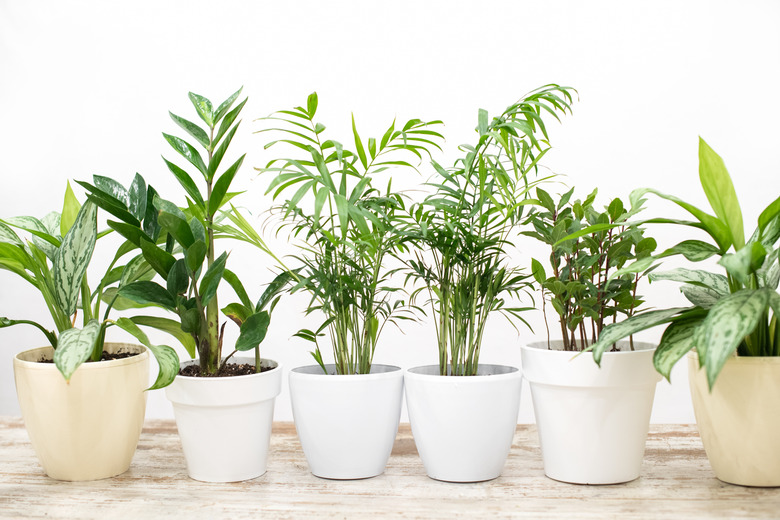Essential Oils To Get Rid Of Bugs On Houseplants
Many pesticides contain toxic chemicals that wreak havoc on the environment and on human health. Luckily, essentials oils can be effective at repelling bugs and other pests, so you don't have to use harmful pesticides. Learn how to keep pests away with the best essential oils for indoor plants and for your garden.
Best Essential Oils for Indoor Plants
Whether you want to use essential oils for fungi or gnats on plants or to deter ants or aphids (or virtually any other type of insect), it's important to use the right type of oil. Peppermint oil is great for keeping pests away from houseplants, but be sure that you get the 100 percent pure, organically sourced kind. Put a drop or two of the oil onto a cotton ball and place it near your plants and/or in an area where you tend to see insects.
You can also try making your own all-natural room spray using essential oils that have repellent properties to bugs. Peppermint oil works well here, but so do basil, bergamot, thyme, lavender, and tea tree.
To make the solution: Pour 25 to 30 drops of your chosen oil into a spray bottle (any size will do as long as you adhere to the following ratio). Next, fill the bottle halfway with witch hazel (this helps the oil and water combine). Finish by filling the rest of the bottle with distilled water and shaking everything up. Use this spray in rooms where you've seen insects.
Best Essential Oils for Outdoor Plants
Essential oils play a vital role in organic gardening. They don't kill insects; they merely repel them so as not to disrupt the natural ecosystem. You can also use the above DIY solution to get rid of insects in your outdoor space. Use it to spray any part of your garden or yard where pests tend to gather.
If you're actively trying to get rid of a pest, you should use this spray every three days for at least a couple of weeks until you see results. Otherwise, it's a good idea to spray your plants once every week or so for preventive purposes. Lightly coat both the tops and bottoms of leaves as well as the stems and soil. To minimize possible harm to bees and other pollinators, spray plants only in the early morning or late evening.
Advantages of Using Alternative Pesticides
By their very nature, many commercial pesticides are designed to disturb life processes, thereby damaging soil, water, and other vegetation. Pesticides don't just kill insects and weeds; they can be toxic to a range of other organisms, including fish, birds, and beneficial insects, like bees. Pesticide exposure may also be linked to various human health issues and illnesses, from endocrine disruption to cancer to birth defects. By committing to using alternative pesticides, you'll be making the better, safer choice for you, your family, and the environment.
